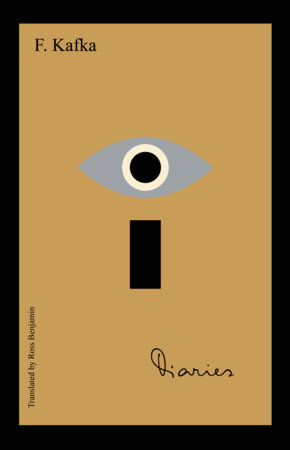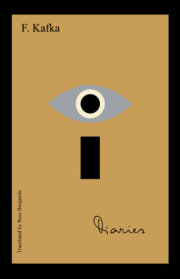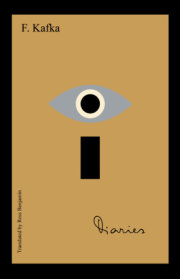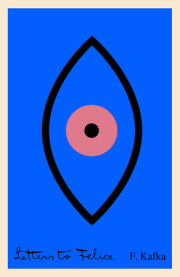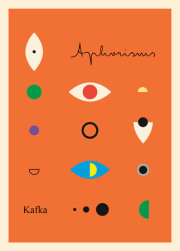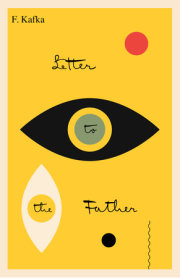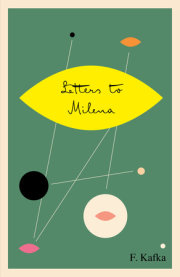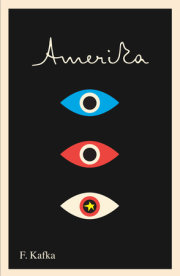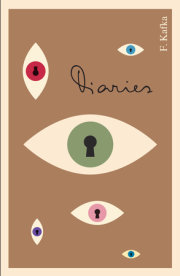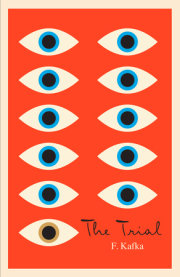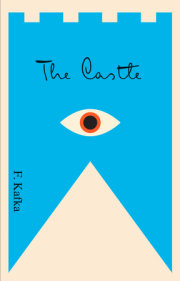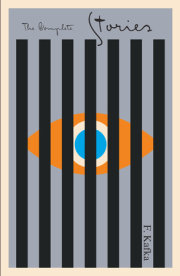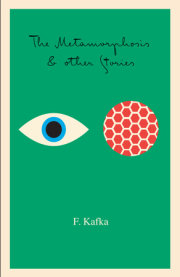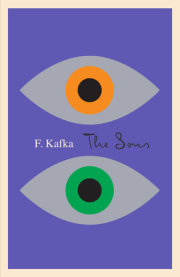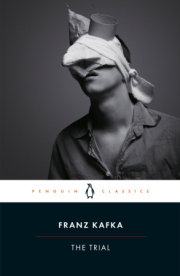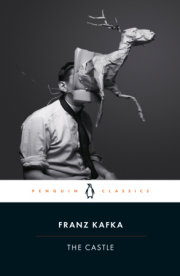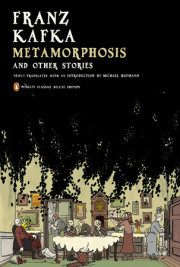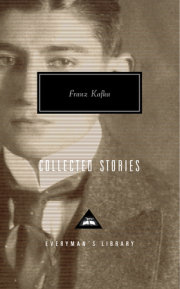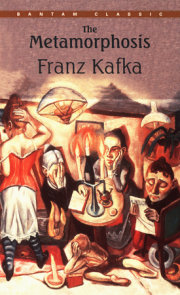First Notebook
The spectators stiffen when the train passes.
—————
“Whenever he ahsks me” the ah broken free from the sentence flew away like a ball in the meadow.
—————
His seriousness is killing me. His head in his collar, his hair arranged immovably around his skull, the muscles at the bottom of his cheeks tensed in place
—————
Are the woods still there? The woods were still more or less there. But scarcely had my gaze gone ten paces when I gave up ensnared again by the boring conversation.
—————
In the dark woods in the sodden ground I found my way only by the white of his collar.
—————
In a dream I asked the dancer Eduardova to dance the czardas one more time. She had a broad streak of shadow or light in the middle of her face between the lower edge of her forehead and the center of her chin. Just then came someone with the disgusting movements of an unconscious intriguer to tell her the train was about to depart. The way she listened to the message made it terribly clear to me that she would no longer dance. “I’m a bad awful woman am I not?” she said. Oh no I said not that and turned in no particular direction to leave.
—————
Beforehand I questioned her about the many flowers stuck in her belt. “They’re from all the princes of Europe” she said. I wondered what it meant that those flowers stuck fresh in her belt had been given to the dancer Eduardova by all the princes of Europe.
—————
The dancer Eduardova, a lover of music, travels on the tram as everywhere else in the company of two violinists, whom she often has play. For it’s not prohibited to play on the tram if the playing is good, is pleasant for the fellow passengers and costs nothing, that is, if afterward there’s no collection. At first it’s a bit surprising, to be sure, and for a little while everyone finds it inappropriate. But at full speed, in a strong breeze and on a quiet street it sounds pretty.
—————
In the open air the dancer Eduardova is not as pretty as on stage. Her pallor, those cheekbones of hers, which stretch her skin so taut that scarcely more than a faint movement appears in her face, her big nose—which rises as if from a hollow—with which one can’t make jokes like testing the hardness of the tip or lightly grasping it by the bridge and pulling it back and forth while saying “come along now,” her broad high-waisted figure in overly pleated skirts, who can find that appealing—she almost resembles one of my aunts an elderly lady, many aging aunts of many people resemble her. But in the open air Eduardova reveals, apart from her very good feet, no compensation for these disadvantages, there’s really nothing that would give rise to enthusiasm astonishment or even respect. And so quite often I’ve seen Eduardova treated with an indifference that even gentlemen who were usually very adroit, very correct, couldn’t conceal, although naturally they took pains to do so in the presence of a dancer as famous as Eduardova was all the same.
My ear felt fresh rough cool juicy to the touch like a leaf.
I write this most definitely out of despair over my body and over the future with this body
When despair presents itself so definitely, is so closely bound to its object so firmly held back, as if by a soldier who covers the retreat and for this purpose lets himself be torn to pieces, then it is not real despair. Real despair has immediately and always overtaken its goal, (At this comma it became apparent that only the first sentence was correct)
Are you in despair?
Yes? you are in despair?
Run away? Want to hide?
I walked past the brothel as if past the house of a beloved.
—————
Writers speak stench
—————
The seamstresses in the downpours.
—————
From the train compartment window
—————
At last after five months of my life in which nothing I wrote could satisfy me and for which no power will compensate me, though all would be obligated to do so, it occurs to me to speak to myself once again. When I really asked myself a question, I still responded, here there was still something to be wrested from me, from this heap of straw that I have been for five months and whose fate, it seems, is to be set alight in the summer and to burn away before the spectator can blink. If only that would happen to me! And it should happen to me ten times over, for I don’t even regret the unhappy time. My condition is not unhappiness, but it’s not happiness either, not indifference not weakness, not fatigue, not interest in anything else, so what is it then? The fact that I don’t know is probably connected with my inability to write. And this is something I think I understand without knowing its cause. For whatever things occur to me occur not from the root, but beginning somewhere toward their middle. Just let someone try to hold them, let someone try to hold and cling to a blade of grass that only starts growing from the middle. Perhaps some can, Japanese acrobats, for example, who climb a ladder that isn’t resting on the ground but on the upturned soles of a partner lying on his back and isn’t leaning against a wall but goes straight up into the air. This is more than I can manage, not to mention the fact that my ladder doesn’t have even those soles at its disposal. That’s not all, of course, and such a question still isn’t enough to make me speak. But each day at least one line should be pointed at me as people are now pointing telescopes at the comet. And if I would then appear once before that sentence, lured by that sentence, as I was last Christmas, for example, when I had gone so far that I could only barely contain myself and when I really seemed to be on the last rung of my ladder, which, however, stood steadily on the ground and against the wall. But what a ground! what a wall! And yet that ladder didn’t fall, so firmly did my feet press it against the ground, so firmly did my feet raise it against the wall.
Copyright © 2023 by Franz Kafka. All rights reserved. No part of this excerpt may be reproduced or reprinted without permission in writing from the publisher.

